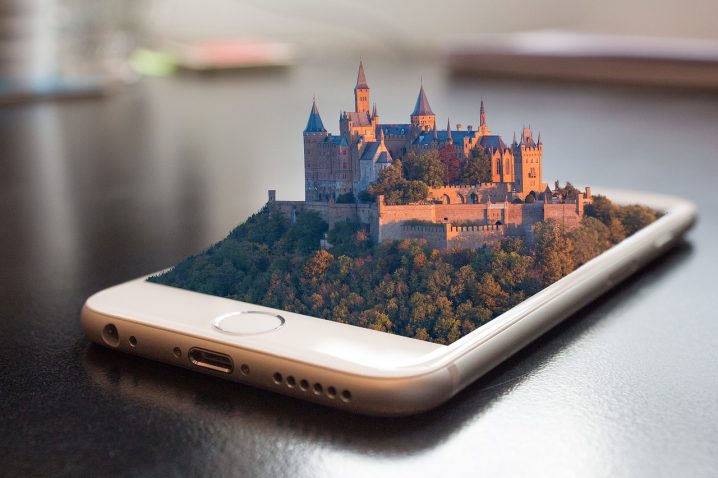
With an evolving tourism demographic, companies looking to capitalize on a new generation of travel must adopt the latest technological innovations. Current industry leaders are seeking ways to improve operational inefficiencies and enhance customer satisfaction through various digital platforms. Travel industry executive Tony Freudmann claims that with new modes of travel, millennials have disrupted historical tourism trends and defined a new industry standard. He takes the time to outline some of the latest technological advances propelling the travel industry forward:
- Augmented (AR) and Virtual Reality (VR)
Augmented/ virtual reality has seen a significant rise in popularity and is shaping the travel industry. Various travel leaders are utilizing this technology to promote products/ services by enhancing one’s physical environment. Augmented reality (AR) manipulates an individual’s surroundings, by overlaying digital components, and altering their perception of an image. Many hotel chains have begun to implement this technology to provide prospective travelers with videos and reviews, enabling them to view the destination before booking a trip. Additionally, those unsure about booking a particular flight can get a glimpse into their seating accommodations before reserving.
According to Adobe Digital Insights (ADI) travel industry market research, approximately 41% of business and 60% of leisure travel arrangements are made online. Therefore, in order to maintain a competitive edge in the travel industry, companies are now seeking innovative ways to capture the attention of their audience.
- Wearable Technology
According to Tony Freudmann, various travel and tourism companies are now providing the option of wearable technology to enhance and simplify their overall experience. With the emergence of smart technology, companies such as EasyJet and British Airways have created mobile applications for Apple Watch. Passengers are able to store boarding passes, order an uber, and receive real time updates on their flight.
Wearable technology is designed with convenience in mind, and a study performed by SITA demonstrated that nearly 77% of travelers would be comfortable using airlines by utilizing technology such as a smart watch.
Disney World is one of the first to introduce the Magic Band and has become a central aspect to the overall experience. The technology was introduced in 2013 and are embedded with an RFID chip that is worn around the wrist. The band allows visitors access to some of the parks primary attractions and is a means to effortlessly pay for merchandise, enter them and water parks, check-in, and connect to Disney PhotoPass. Tourists are also given the option to personalize their bands, allowing for an individualized experience.
With the continued use of wearable technology, smart devices are sure to play a key role in the travel industry moving forward.
The Future of Travel
“With the emergence of a new travel demographic, it is vital that the industry work towards accommodating the new generation” explains Tony Freudmann. With technology altering the travel landscape, booking a flight and travelling half way across the globe has never been easier.



